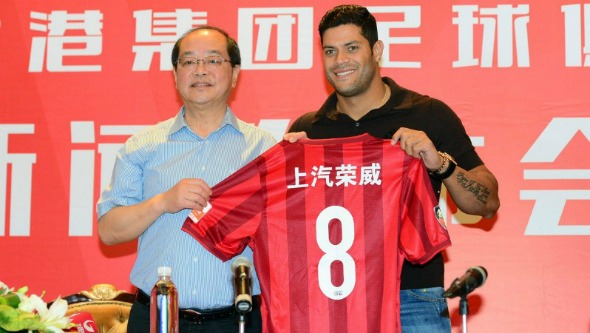Top 5 EXCLUSIVES of the Week
September 23, 2016
TV rights fees have also increased 500% – in 2006 domestic Premier League rights were valued at around £1.7 billion, now it’s over £5 billion.

Craven was speaking to iSC at the close of the Rio 2016 Paralympics. The Games officially came to an end with the closing ceremony at the Maracana on Sunday.
The build-up to the Rio Games were fraught with complications ranging from the effects of Brazil’s economic and political crises to late infrastructure developments and poor ticket sales.


Currently, Chelsea only provide half of the recommended wheelchair space at their home stadium and according to The Telegraph, they have now said they can only meet minimum numbers when they have rebuilt their stadium and have not provided a timescale for when this would be. Additionally, Everton, Watford and Manchester United have less than half of the recommended number of wheelchair spaces.
Meanwhile, Arsenal and Leicester City are among the clubs that have already met the targets, with the former also intending to go beyond the minimum wheelchair space guideline of 250.

That means enforcing a change in mindset five times a day. How does the brain work as the pentathletes switch from discipline to discipline, and how do they stay in control?


